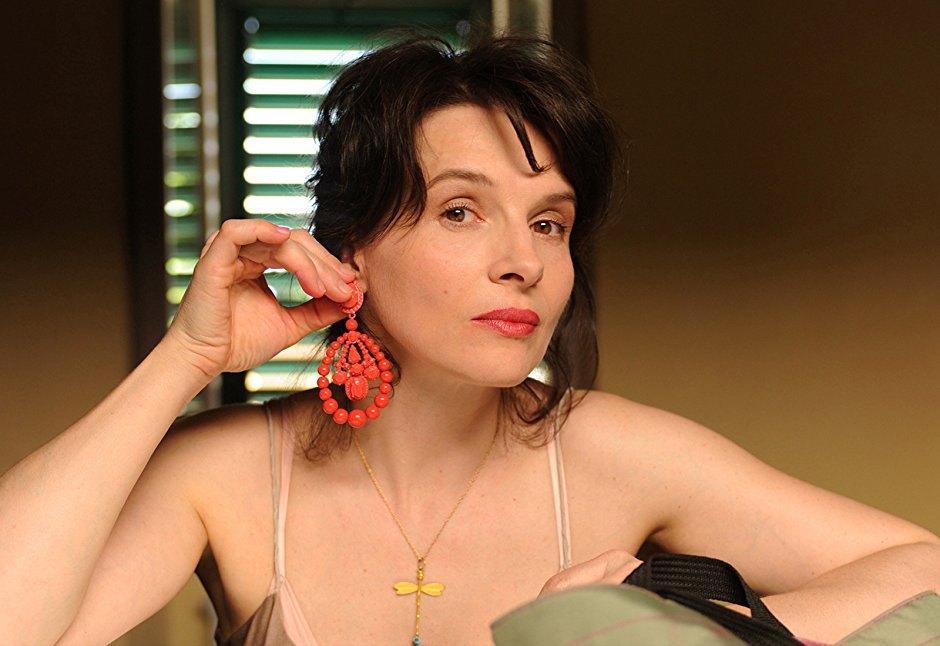
One of the biggest mistakes I made while writing for this site was underplay how many great male performances were awarded at Cannes. The 25 only captured a small fragment, so here is a kind of recompense for that in the form of a small list of honorable mentions: Paul Newman, Anthony Perkins, Fernando Ray, Forest Whitaker, James Spader, Michel Piccoli, Peter Mullan, Benoit Magimel, Muzaffer Ozdemir & Mehmet Emin Toprak, Benicio Del Toro, Elio Germano, Bruce Dern, Vincent Lindon and Shahab Hosseini.
As for their female counterparts… with 86 wins, this is the most woman-won award, after the main one, the Palme d’Or. Choosing only 25 wasn’t an easy task, because there are at least 20 more that could be on the list and it would still be justified. In the wake of Cannes 2018, however, these are the ones that made the cut:
25. Bjork (“Dancer in the Dark,” 2000, Lars von Trier)
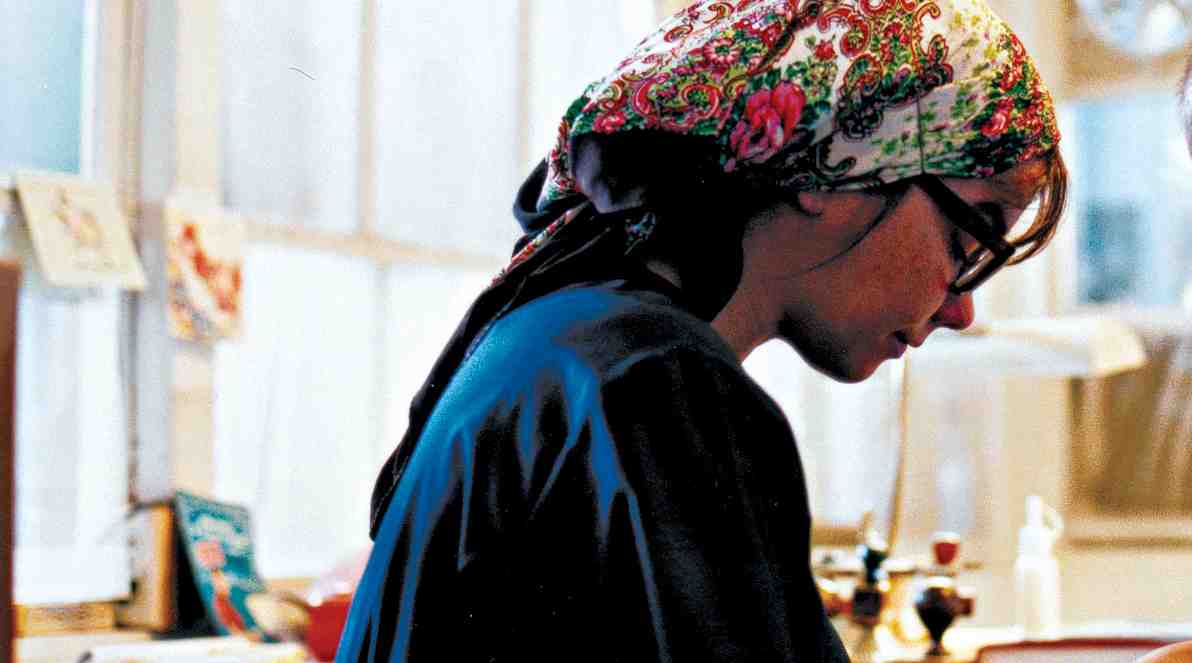
Say what you want about Lars von Trier, but one thing is for certain – he is capable of extracting the maximum out of his actors, especially the female ones. Three actresses won the award at Cannes under his direction as of now. The best of the three is the one whose profession isn’t even acting.
Bjork brilliantly manages to bring authentic emotion to a usually silly film, which is of crucial importance because the entire feature relies on her. The situations in which her Czech immigrant character finds herself in are, at the very least, over-the-top malicious and cartoonish, but with a persuasive performance, the viewer develops a concern for her wronged character and the emotions that stem from these causes are truthful.
Maybe some of the magic of this film is that it is a musical, giving Bjork a chance to show her impressive voice, which is a big plus. All in all, Bjork is reason enough to invest two hours and 20 minutes into this film.
24. Ingrid Thulin, Bibi Andersson, Eva Dahlbeck, Barbro Hjort af Ornäs (“So Close to Life,” 1958, Ingmar Bergman)

Four actresses. One director and potentially three roles of a lifetime. Bergman was one of the best directors of females, skillfully bringing their psyche and intimacy to the surface, which is best seen exactly in this ensemble piece. Thulin stands out the most; the pain and torment on her face are of immense strength, permanently engraved in her memory as she awaits with uncertainty to bring a child into a loveless relationship. A magnificent performance of misery.
No less worthy of mention is Andersson, who welcomes the rest of her life as a single mother. She emits similar emotions and reactions as Thulin, and this could be considered her at her best, if it wasn’t for her turn in a later masterpiece called “Persona.” Dahlbeck’s character is the most optimistic, until a certain event turns the situation 180 degrees; the performance of her regressive transformation is worthy of admiration in the acting world.
Last but not least is Barbo Hjorn af Ornäs, a pillar of support for the former three, a motherly figure and one of moral stability. All four together give the film an immeasurably bigger quality than would be expected, given it is one of Bergman’s weakest.
23. Sally Field (“Norma Rae,” 1979, Marin Ritt)
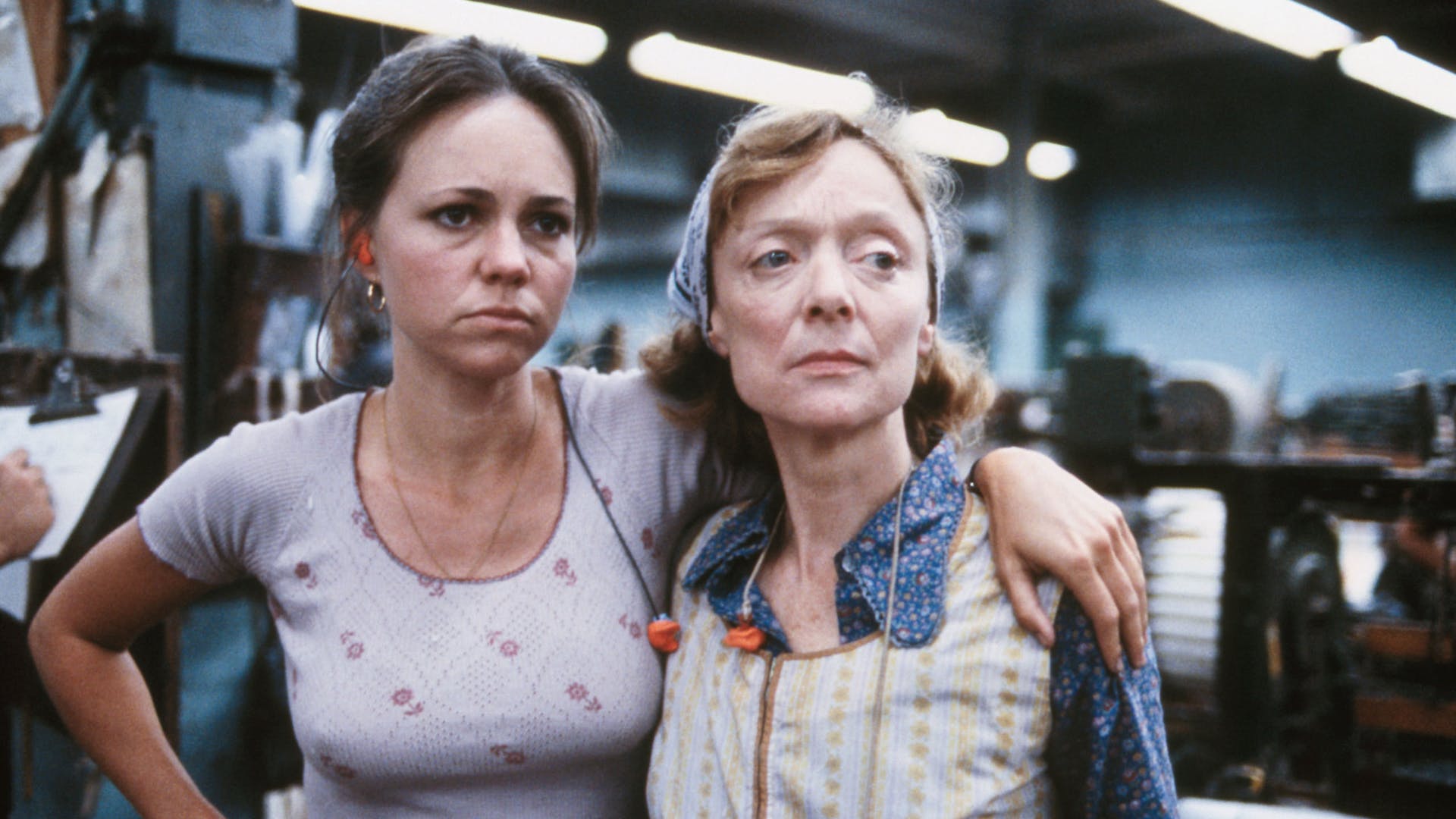
Prior to this film, Field was seen as a sweet face and “eye candy” by a big portion of the public. With this role, everything changed – she proved her acting abilities and worth, becoming an A-list actress and making this feature memorable.
Her southern accent and unbreakable spirit that’s filled with determination to help the working class (which she is a part of) get better and safer work conditions made Norma one of the icons of 1970’s cinema, a few years before Reagan put an end to the theme of unions. However, she remains a symbol for a strong woman who doesn’t back down from unfortunate forces, with the actress depicting her continuing her career in an appropriately quality way.
22. Maggie Cheung (“Clean,” 2004, Olivier Assayas)
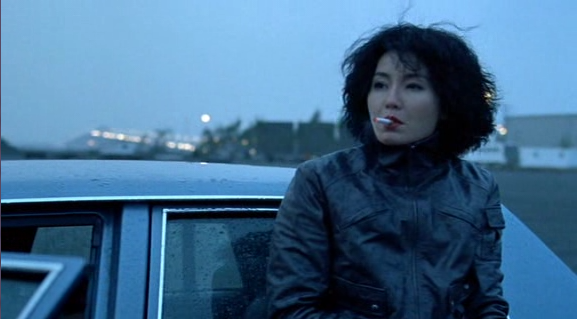
Maggie Cheung came to the worldwide film scene during the breakthrough of the Hong Kong new wave, leaving behind one outstanding performance after another, with her best performance shown in a collaboration with director/former spouse Olivier Assayas (though it was their weakest effort that brought her the honor of the festival).
Movies about junkies, and especially their recovery stories, almost always have a high chance to find themselves on the radar for these kinds of awards (look at the one-hit wonder Kitty Winn from “Panic in Needle Park” for proof), but Cheung’s character has two more trump cards at her disposal: a son with whom she lost contact, and balancing custody and a rock career.
The alienation gives her the opportunity to show her ability to gradually build a relationship from the core, with all the “side effects,” including the tears, smiles, troubles and triumphs that come with it. And in the role of a failed rock star… well, just listen to some numbers from the film and foreshadowing the award for Cheung becomes obvious.
21. Melina Mercouri (“Never on Sunday”, 1960, Jules Dassin)
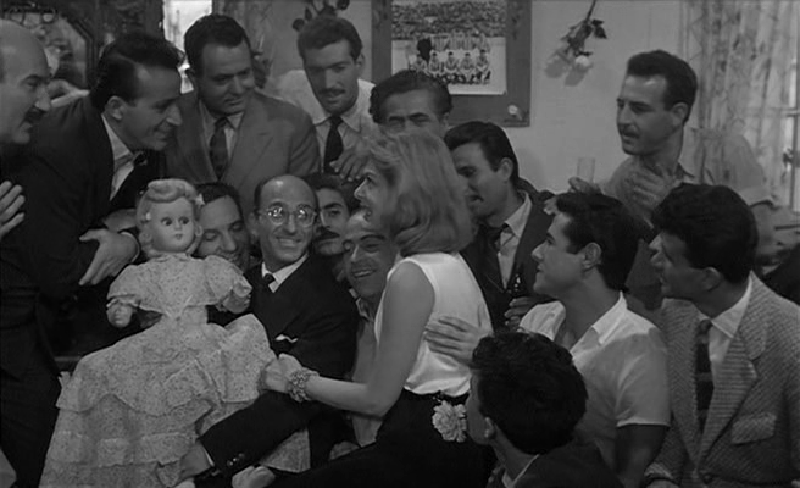
Did you ever watch a film where everything relies on one performance? The film on its own doesn’t have to be bad, but that one performance elevates it to a totally different level. This is that kind of movie. Melina Mercouri exudes with life. This picture is hers and hers alone. And that shows. Every supporting character, including the grumpy, know-it-all Homer, has their eyes set on her.
Unbelievable charisma radiates out of her, making the audience regularly forget that this story is about a prostitute, one who enjoys her life and with no redirection or “cultural rise” changing what she is.
It can be said that her character Ilya even personifies Greece, beautiful and charming yet brash, full of life yet loath to enter buckish conformity – we could never change her. Mercouri’s enchanting effects influenced even the director, Jules Dassin, who married her some time later.
20. Kati Outinen (“ The Man Without a Past,” 2002, Aki Kaurismaki)
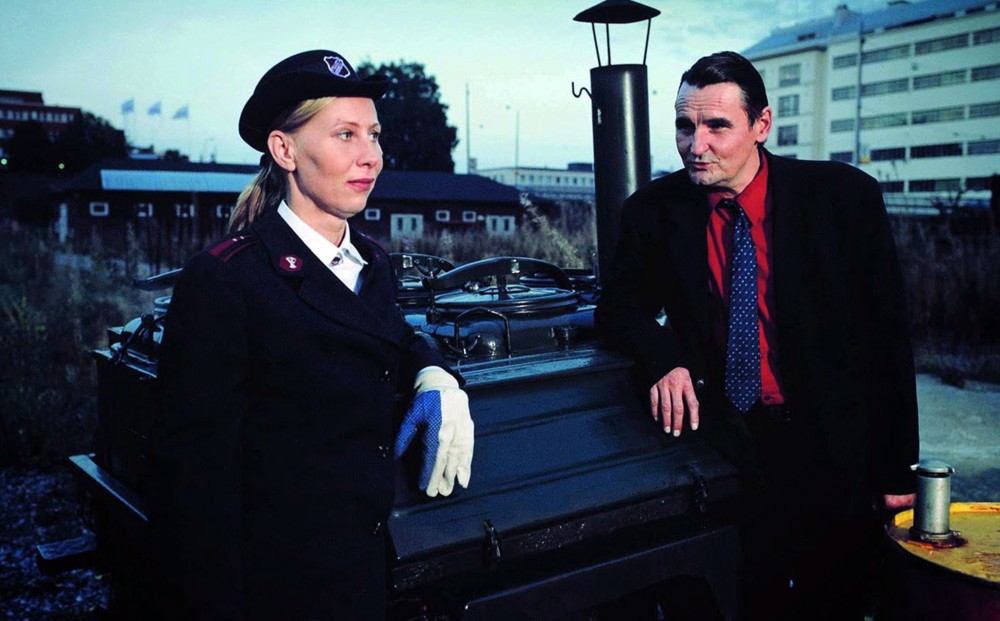
During the 90-minute duration of the film, Kati Outinen shows concern, sadness, anger, even mad love… and for all that time she keeps the same poker face. It is a wonder that so many emotions overflow on a face harder than stone, but that is the magic of Aki Kaurismaki’s films and his longtime associate in front of the camera.
It is incredible that Kati’s character spends so little time on screen and yet again she leaves an unforgettable presence. It does not hurt that her scenes are filled with a lot of humor, that distinct type of characteristic for Northern Europeans. Not much else could be said here, so sit back and enjoy in an unrepeatable Finnish experience.
19. Jill Clayburgh (“An Unmarried Woman,” 1978, Paul Mazursky)
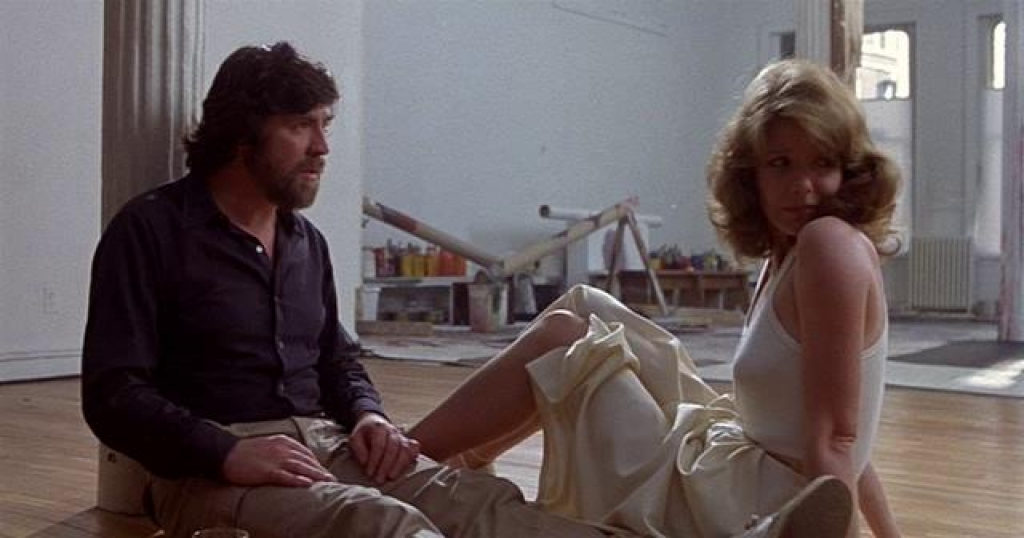
Somewhere near the beginning of the movie, our protagonist gets information from her husband that he cheated on her with a younger woman. Distinctly outdated music and strange framing follows, but the scene today doesn’t remain as a black sheep in a good movie.
This is largely because of Jill Clayburgh, who lifts the scene, and maybe even the entire movie with her natural and humanistic acting. Before us, we don’t have just a movie character, but a exquisitely shaped human being, free-spirited, full of inspiration and ready to share it. Charming and funny, she overcomes the role and becomes an inspiration for the ages to come.
18. Kathy Burke (“Nil by Mouth,” 1997, Gary Oldman)
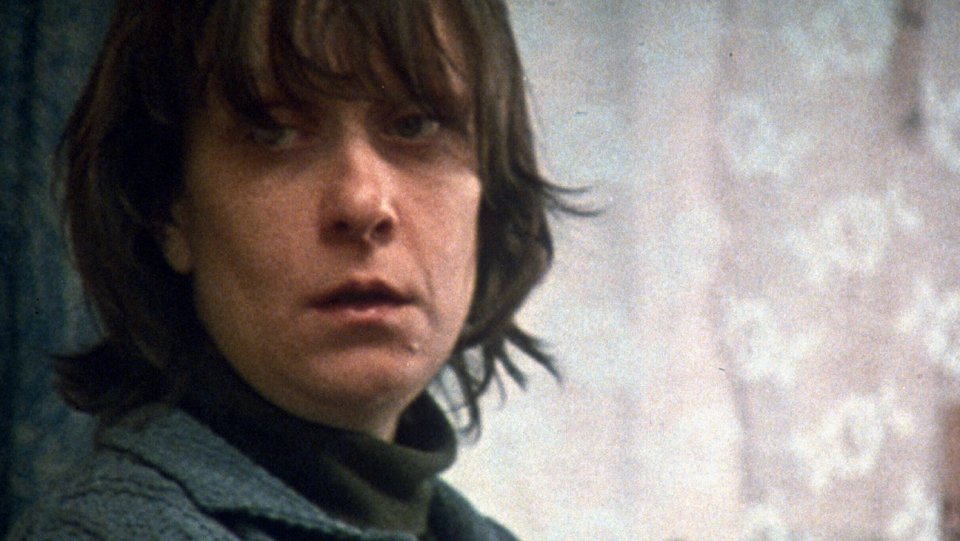
Oldman’s directorial debut is abound with violence, vulgarity, alcohol, and lots of “cunt”-s and “fuck”-s. Ray Winstone is the one who embodied the mentioned characteristics into his character, being the heart of the film, but by no means can we neglect the performance of Kathy Burke, his onscreen wife. She also doesn’t lack for bad words and aggressive (verbal) behavior, but she is filled with a certain kind of humanity with which the viewer may sympathize.
What sells her performance is her comedic abilities. Those are not jokes to laugh out loud at, but ones that make a dire situation even more uncomfortable. After a severe beating, Val amateurishly sells a story to her mother that she had an accident, even though it is crystal clear that family violence is at hand. It is funny yet immeasurably painful. And Kathy perfectly delivers the critical situation.